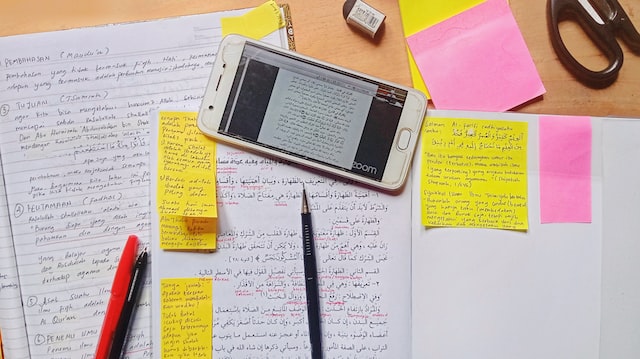Countries And Territories That Speaking Swahili Language
Swahili, a spoken language of Africa, is spoken in four countries and many more. Here is information on Swahili. It will tell you where Swahili can be found, what Swahili speakers are like, which Swahili languages they speak, and which cultures speak Swahili. Swahili can be read much more easily than any sub-saharan dialect. Swahili sounds almost exactly like they sound. They sound almost exactly the same as they appear. Swahili can be described as the most simple African language. Swahili doesn’t have an oral tone like English. Swahili is spoken in a few countries, including Kenya, Burundi and Tanzania, South Africa. Swahili can be used to communicate with four nations. These include Kenya and Uganda.
Different Cultures Learn Swahili They were influenced by people from the North as well as across the Indian Ocean to become Muslims. Swahili derives its name from Arabic’sahil, which literally means “people on the shore”. The Swahili language has a Bantu (African-based) origin. It has borrowed words from Arabic, Zulu and other languages. This is why Swahili speakers use the Quran written in Arabic as spiritual guidance. Swahili is the best language to learn. Swahili can be read much more easily than any sub-saharan dialect. Swahili sounds almost exactly like they sound. They sound almost exactly the same as they appear. I’ve shared information with you about Swahili: where it is spoken, who speaks Swahili and what the Swahili alphabet looks like. The Swahili live on the Kenyan and Tanzanian coasts. Some live in rural areas. Swahili can be both an African or Arabic language due to its inner-marriages with Arabic Bantu. Swahili is the second language spoken in Kenya and Tanzania. Swahili is the second language spoken by most Kenyans. Swahili is widely spoken in Uganda by non-Bagandas and taught in schools. Swahili’s development was influenced greatly by Arabic. This influence made Swahili the main language of east Africa. Swahili became the primary language of communication when it was spoken in Arab ivory and slave caravans. The language was not lost.




0